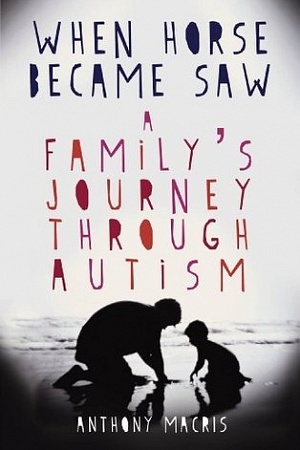Surrender
Viking, $29.95 hb, 245 pp, 0 670 02871 1
Surrender by Sonya Hartnett
If you are regretting the passage of another summer and feeling nostalgic about the lost freedoms of youth, Sonya Hartnett’s latest novel, Surrender, may serve as a useful tonic. In Hartnett’s world, children possess little and control less, dependent as they are on adults and on their own capacity to manipulate, or charm. Hartnett characteristically writes about lonely children in cruel or careless families, in places that offer no relief. Perhaps it is the conflict that Hartnett marks out between children and adults that makes the distinction between her children’s and adult fiction hard to draw; for it seems we can identify at any age with a sense that the world belongs to someone else. Besides, Hartnett’s novels deal with terrors that last.
If they ever cull the optimists, Hartnett will survive. Her novels tell of abducted children, alcoholism, incest, murder, and depression. She is probably best known for her novel Of a Boy (2002), which won the Commonwealth Writer’s Prize and The Age Book of the Year Award. She also won the Guardian Children’s Fiction Prize with Thursday’s Child (2000), the story of an isolated family struggling to survive the Depression. Surrender is not as hauntingly sad as Of a Boy, and it does not have the grittiness of Thursday’s Child. Still, it may be her most curious and compelling novel yet.
Surrender, set in an isolated country town called Mulyan, ‘ringed by shark-tooth mountains … far, far away’, tells of the town’s pariah family. The son, who calls himself Gabriel, starts the story on his deathbed: ‘I am dying: it’s a beautiful word. Like the long slow sigh of a cello: dying. But the sound of it is the only beautiful thing about it.’ In this way, Surrender starts where it ends and spends its time circling around one gruesome fact: Gabriel has found bones in a shallow grave in the woods. As a result, the whole forward movement of the story is suspense, fearful curiosity, and delay.
Continue reading for only $10 per month. Subscribe and gain full access to Australian Book Review. Already a subscriber? Sign in. If you need assistance, feel free to contact us.











Leave a comment
If you are an ABR subscriber, you will need to sign in to post a comment.
If you have forgotten your sign in details, or if you receive an error message when trying to submit your comment, please email your comment (and the name of the article to which it relates) to ABR Comments. We will review your comment and, subject to approval, we will post it under your name.
Please note that all comments must be approved by ABR and comply with our Terms & Conditions.